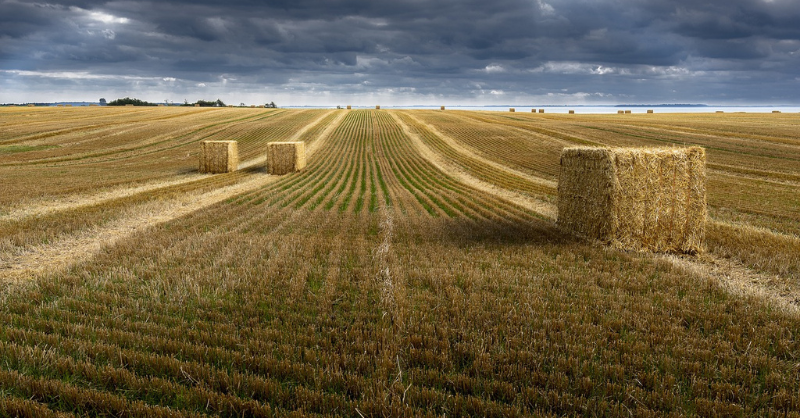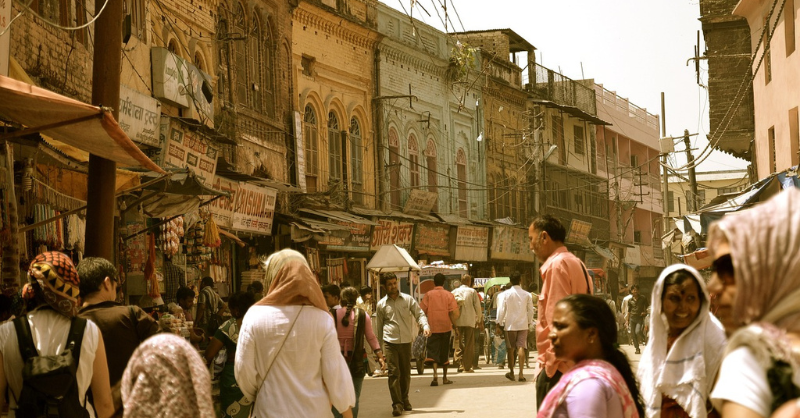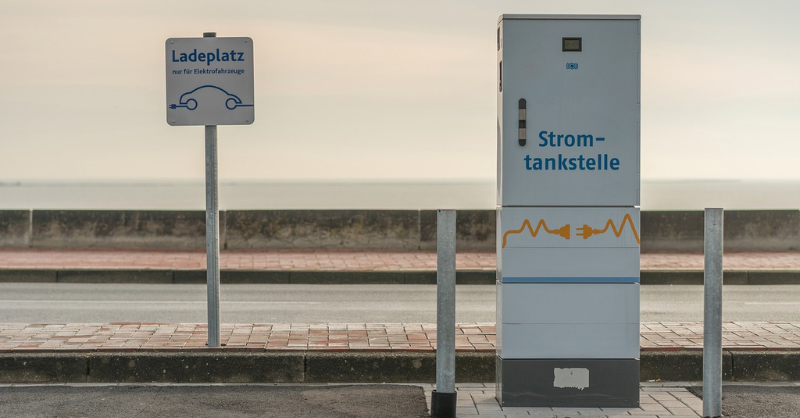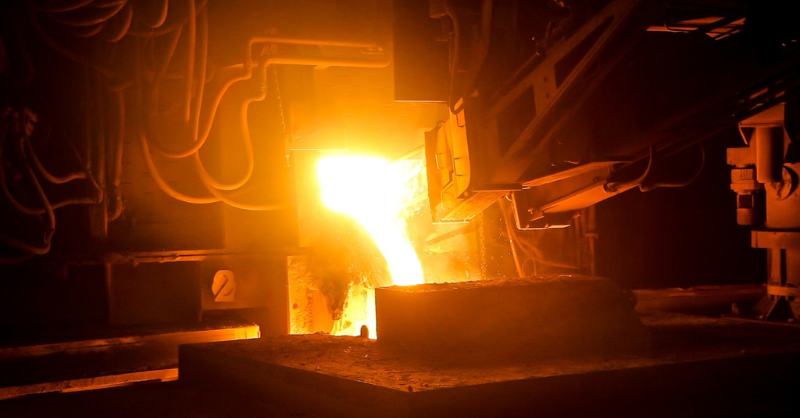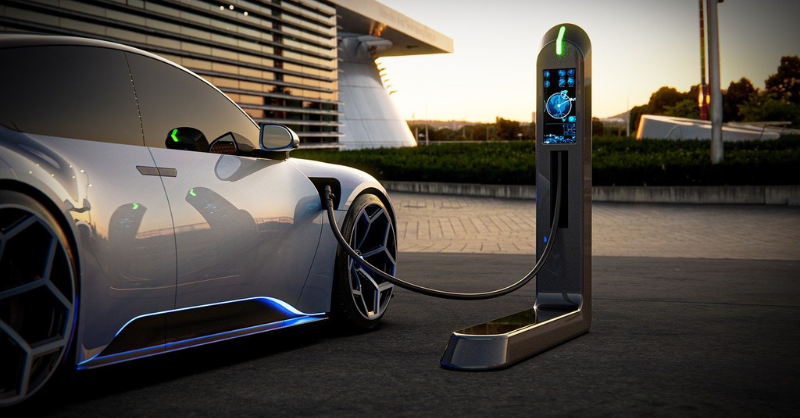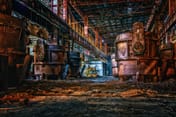Is farmer insurance a green bottleneck ?
Insurance best practice can clash with sustainability. Without insurance, impacted communities would probably not continue. And it's the same for farmers.
What investors think about green steel matters
It's sometimes easy to forget that financial markets are driven by sentiment. The 'facts' that investors believe to be true matter. For green steel, apparently 80% of investors believe the risk profile for metallurgical coal will increase in the next decade. A clear market signal.
Sunday Brunch: Yes vs No questions
If we want companies to change, then we should start with simple 'yes' questions and work up to the 'Big Yes', our end objective. Don't start by demanding changes they will find it easy to say no to.
De-carbonising electricity will take time
Energy security can be an abstract concept. But sometimes it's very real. And it can clash with environmental concerns. In that case energy security seems to win, as it recently has done in India.
EV charging & industry consolidation - a pre-requisite?
The EV charging chicken and egg? We need more high quality 'public' charging to drive EV sales - which will probably require industry consolidation
Sunday Brunch: inside the mind of a Nimby
Change is about people, and humans are not rational beings. If we want our sustainability investments to happen, and to deliver a fair financial return, we need to understand why they face opposition.
Why we need to protect insect populations
A large percentage of our crops require pollination. And for that we need insects. So why, as investors, are we allowing the companies we are invested in to take actions that put pollinators at risk?
Insulation, heat pumps and half truths
We frequently hear that before we even think about rolling heat pumps at scale we need to sort out home insulation first. This is not true.
Sunday Brunch: data is normally never enough
It's often very attractive to think that data gives us the answer. Sadly, just thinking about what we can measure rather than what's important can lead us to disaster.
Will carbon capture enable green steel faster?
The sad answer is probably not. The current best technology in cost terms for new steel is a blast furnace - which uses a lot of coal. So bad for the environment.One solution being heavily promoted is carbon capture. But other options look better.
Can we support the electricity grid using EV's?
In the 'first' real world test, EV's were successfully used to support the electricity grid when it was under stress. There is still a lot of work to do, but V2G looks like a viable technology
Sunday Brunch: not every sustainability decision is an either/or
As a society we seem to what to make every choice binary. You either select A or B. And the A people often hate the B people, and think that they are idiots, or something worse.

